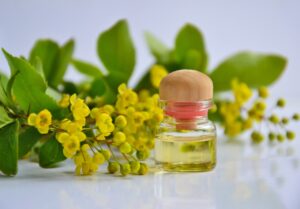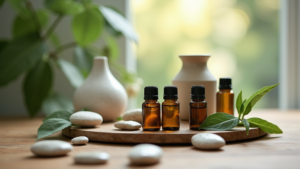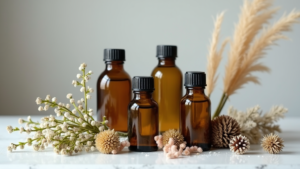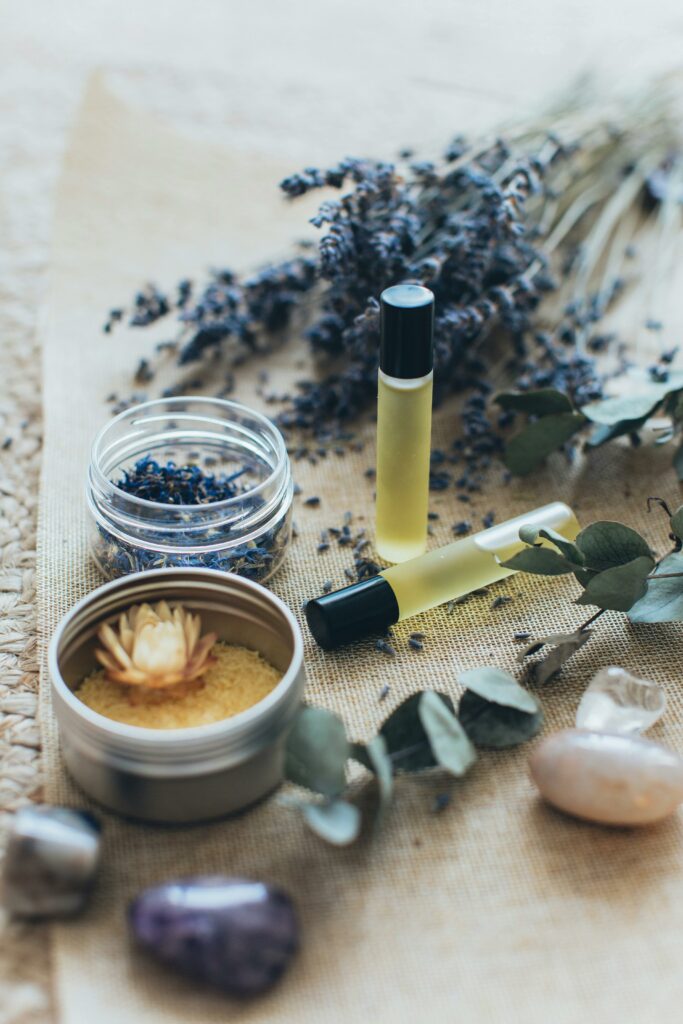
Welcome to an important article on the topic of “Safety For Essential Oils, Essential Oil Safety.” In this article, you will learn about the importance of practicing safety measures when using essential oils to ensure a positive and healthy experience. By understanding how to properly use and store essential oils, you can enjoy the many benefits they offer without any negative side effects. Let’s dive into the world of essential oil safety together. Have you ever wondered about the safety of essential oils? You’re not alone! With the increasing popularity of essential oils, it’s important to understand how to use them safely. In this article, we will explore essential oil safety and provide you with essential information to help you enjoy the benefits of essential oils without any concerns.

Contents
Understanding Essential Oils
Before we dive into essential oil safety, let’s first understand what essential oils are. Essential oils are highly concentrated plant extracts that capture the plant’s scent and flavor. They are extracted through methods like distillation or cold-pressing.
Essential oils have been used for centuries for their various therapeutic properties, including aromatherapy, skincare, and even household cleaning. Each essential oil has its own unique composition and benefits, making them versatile and valuable natural remedies.
Different Types of Essential Oils
Essential oils come in a wide range of scents and properties. From relaxing lavender to invigorating peppermint, each essential oil offers unique benefits. Some essential oils are known for their calming effects, while others are prized for their antibacterial properties.
When using essential oils, it’s crucial to understand the specific properties of each oil. Some oils are safe for topical application, while others are best used in a diffuser. Taking the time to research and familiarize yourself with different essential oils will help you use them effectively and safely.

Essential Oil Safety Guidelines
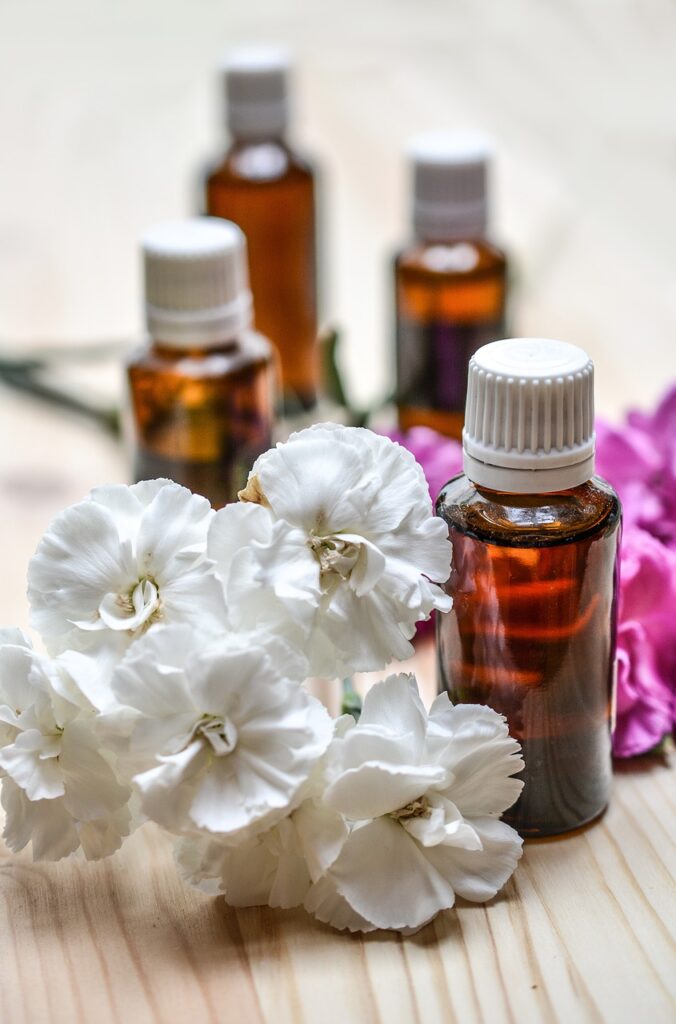
Now that you know more about essential oils, let’s talk about essential oil safety guidelines. While essential oils offer a myriad of benefits, improper use can lead to adverse reactions. By following these essential oil safety guidelines, you can enjoy the therapeutic benefits of essential oils with peace of mind.
Always Dilute Essential Oils
One of the most important safety guidelines for essential oils is to always dilute them before use. Essential oils are highly concentrated, and applying them directly to the skin can cause irritation or sensitization. To dilute essential oils, mix them with a carrier oil like coconut oil or jojoba oil.
Dilution ratios vary depending on the essential oil and the intended use. As a general rule of thumb, a 2% dilution (12 drops of essential oil per ounce of carrier oil) is safe for most adults. For children, elderly individuals, or those with sensitive skin, a lower dilution ratio is recommended.
Perform a Patch Test
Before using a new essential oil, it’s important to perform a patch test to check for any allergic reactions or sensitivities. To do a patch test, apply a small amount of diluted essential oil to a small area of skin (such as the inner forearm) and wait 24 hours. If you experience any redness, itching, or irritation, discontinue use immediately.
Patch testing is especially important for individuals with sensitive skin or allergies. It’s better to be safe than sorry when it comes to essential oil safety.
Follow Usage Guidelines
Each essential oil has specific usage guidelines based on its properties and concentration. Some essential oils are safe for topical use, while others are best used in a diffuser or inhaler. Always follow the recommended usage guidelines provided by the essential oil manufacturer.
It’s also essential to consider the age and health condition of the individual using the essential oil. Some oils are not suitable for children, pregnant women, or individuals with certain medical conditions. By following usage guidelines, you can ensure safe and effective use of essential oils.
Store Essential Oils Properly
Proper storage of essential oils is essential for maintaining their potency and safety. Essential oils should be stored in a cool, dark place away from direct sunlight and heat sources. Keep essential oils out of reach of children and pets to prevent accidental ingestion.
It’s also important to store essential oils in dark glass bottles to protect them from light exposure. Avoid using plastic containers for storing essential oils, as the oils can degrade the plastic and cause contamination. By storing essential oils properly, you can prolong their shelf life and maintain their quality.

Safe Ways to Use Essential Oils
Now that you’re familiar with essential oil safety guidelines, let’s explore some safe ways to use essential oils. From aromatherapy to skincare, there are numerous ways to incorporate essential oils into your daily routine. By using essential oils safely and responsibly, you can enjoy the full benefits of these natural remedies.
Aromatherapy
Aromatherapy is one of the most popular ways to use essential oils. Whether you’re looking to relax, boost your mood, or relieve stress, aromatherapy can help you achieve your desired effects. Simply add a few drops of essential oil to a diffuser or inhale the scent directly from the bottle.
When using essential oils for aromatherapy, it’s essential to follow the manufacturer’s instructions for the diffuser. Overuse of essential oils in a diffuser can lead to respiratory irritation or sensitization. Start with a low concentration of essential oil and gradually increase as needed.
Topical Application
Topical application of essential oils can be an effective way to target specific areas of the body. When using essential oils topically, it’s crucial to dilute them with a carrier oil to prevent skin irritation. Popular carrier oils include coconut oil, almond oil, and jojoba oil.
To apply essential oils topically, mix them with a carrier oil and massage the mixture onto the skin. Avoid applying essential oils to sensitive areas like the eyes, mouth, or open wounds. Always perform a patch test before applying essential oils to a larger area of skin.
Skincare
Essential oils are commonly used in skincare products for their natural healing and antioxidant properties. From acne-fighting tea tree oil to anti-aging frankincense oil, essential oils can address a variety of skincare concerns. When using essential oils in skincare, it’s essential to dilute them with a carrier oil or incorporate them into a moisturizer or serum.
Some essential oils can be too harsh for direct application to the skin, so it’s important to dilute them properly. Start with a low concentration of essential oil and test it on a small area of skin before applying it to your face or body. Incorporating essential oils into your skincare routine can help you achieve healthy and radiant skin.
Cleaning
Essential oils can also be used for natural cleaning around the home. From disinfecting surfaces to freshening the air, essential oils offer a safe and effective alternative to chemical-based cleaning products. Popular essential oils for cleaning include lemon, lavender, and peppermint.
To make a natural cleaning solution with essential oils, mix water, vinegar, and a few drops of essential oil in a spray bottle. Shake well before using the solution to clean countertops, glass surfaces, or floors. Essential oils not only clean your home but also leave behind a pleasant and refreshing scent.
Inhalation
Inhalation of essential oils can benefit your respiratory system and overall well-being. Whether you’re dealing with congestion or simply looking to relax, inhaling essential oils can help you achieve your desired effects. You can inhale essential oils directly from the bottle or add a few drops to a bowl of hot water for steam inhalation.
When using essential oils for inhalation, be cautious of the concentration and duration. Prolonged exposure to high concentrations of essential oils can lead to respiratory irritation. Start with a low concentration and limit inhalation time to avoid any adverse effects.

Popular Essential Oils and Their Benefits
Now that you know how to use essential oils safely, let’s explore some popular essential oils and their benefits. From lavender to tea tree oil, each essential oil offers unique therapeutic properties that can enhance your physical and emotional well-being. By incorporating these essential oils into your daily routine, you can experience the full range of their benefits.
Lavender Oil
Lavender oil is known for its calming and relaxing properties. It can help reduce stress, anxiety, and insomnia, making it an excellent oil for promoting restful sleep. Lavender oil can also soothe skin irritations and promote wound healing, making it a versatile oil for skincare.
To enjoy the benefits of lavender oil, add a few drops to a diffuser before bedtime or mix it with a carrier oil for a soothing massage. You can also apply lavender oil topically to help reduce inflammation or promote relaxation.
Tea Tree Oil
Tea tree oil is prized for its antibacterial and antifungal properties. It can help treat acne, dandruff, and nail infections, making it a popular oil for skincare and hair care. Tea tree oil can also be used to disinfect surfaces and purify the air in your home.
To use tea tree oil for skincare, dilute it with a carrier oil and apply it to acne-prone areas or scalp. You can also add a few drops of tea tree oil to a spray bottle with water to create a natural disinfectant for cleaning around the house. Tea tree oil is a versatile oil with numerous benefits for both your skin and home.
Peppermint Oil
Peppermint oil is known for its invigorating and cooling properties. It can help relieve headaches, indigestion, and muscle pain, making it a versatile oil for both physical and emotional well-being. Peppermint oil can also improve focus and mental clarity, making it a popular choice for aromatherapy.
To enjoy the benefits of peppermint oil, add a few drops to a diffuser or inhale it directly from the bottle. You can also mix peppermint oil with a carrier oil and apply it to sore muscles or temples for relief. Peppermint oil is a refreshing oil that can uplift your mood and provide natural relief for various ailments.
Conclusion
In conclusion, essential oils offer a natural and effective way to enhance your physical, emotional, and mental well-being. By following essential oil safety guidelines and using them responsibly, you can enjoy the full benefits of these potent plant extracts. Whether you’re looking to relax, boost your mood, or treat a specific ailment, essential oils can help you achieve your desired effects safely and effectively.
Remember to always dilute essential oils, perform patch tests, and follow usage guidelines to ensure safe and enjoyable use of essential oils. With proper knowledge and precautions, you can enjoy the therapeutic benefits of essential oils without any concerns. Stay informed, stay safe, and enjoy the wonderful world of essential oils!
